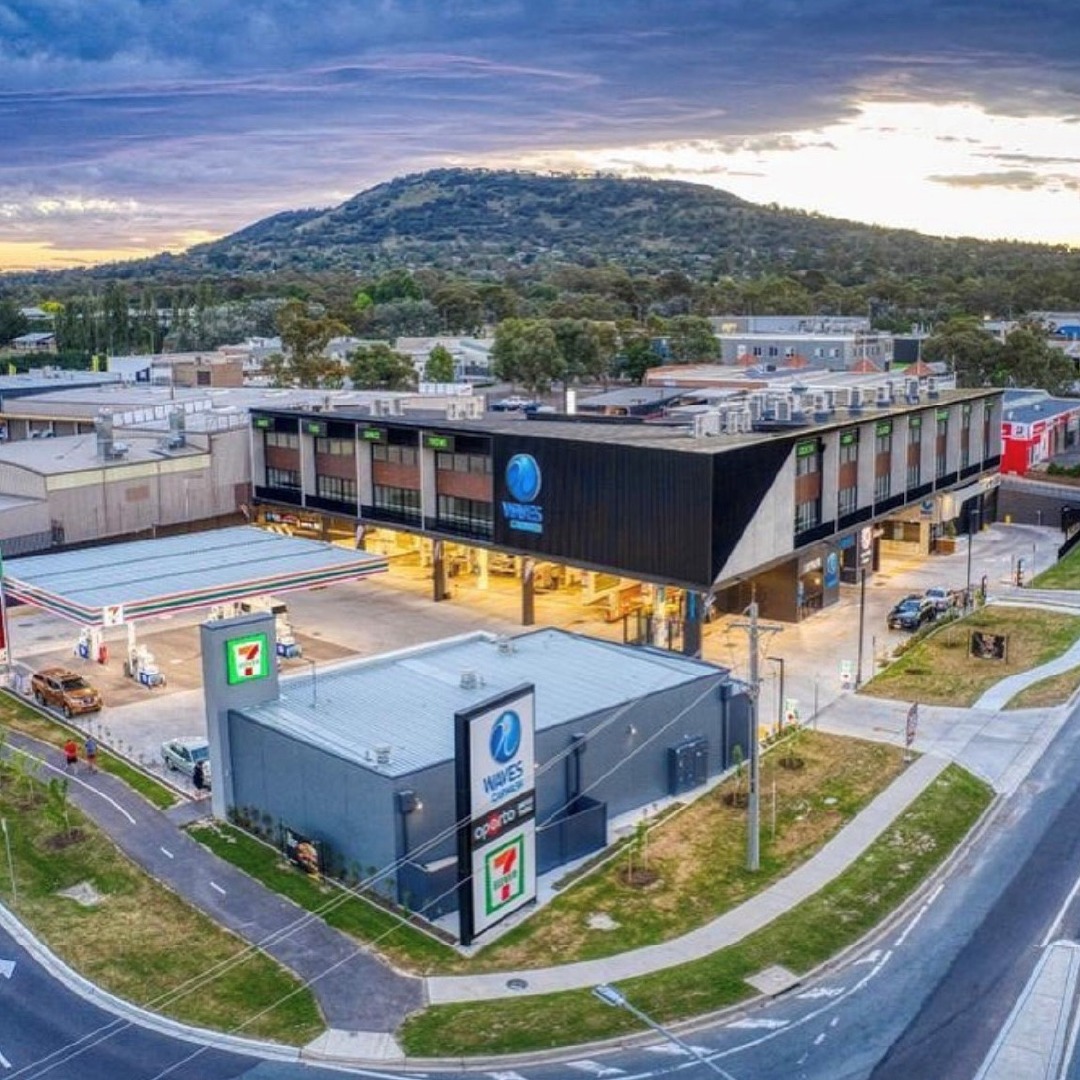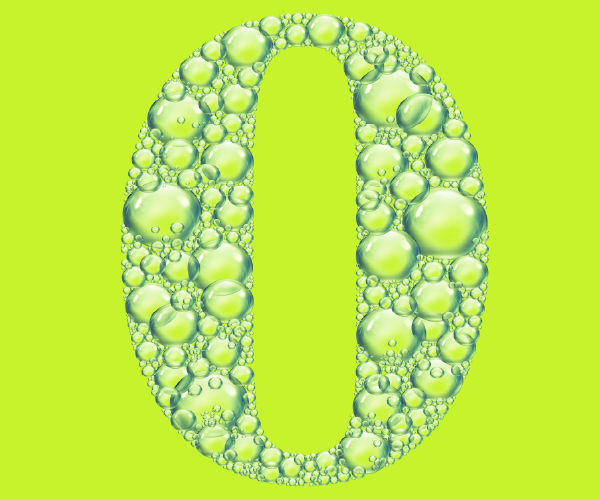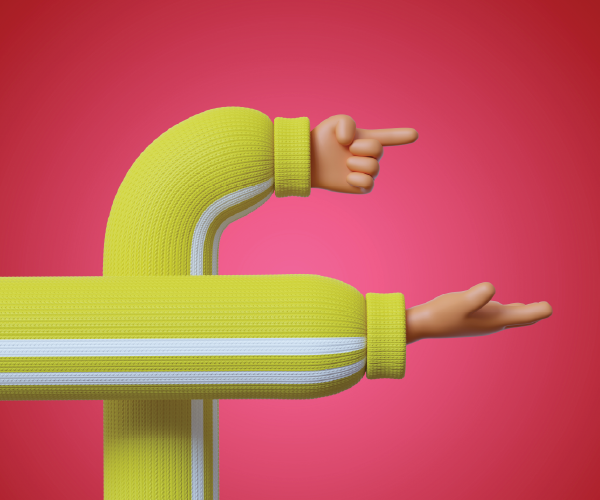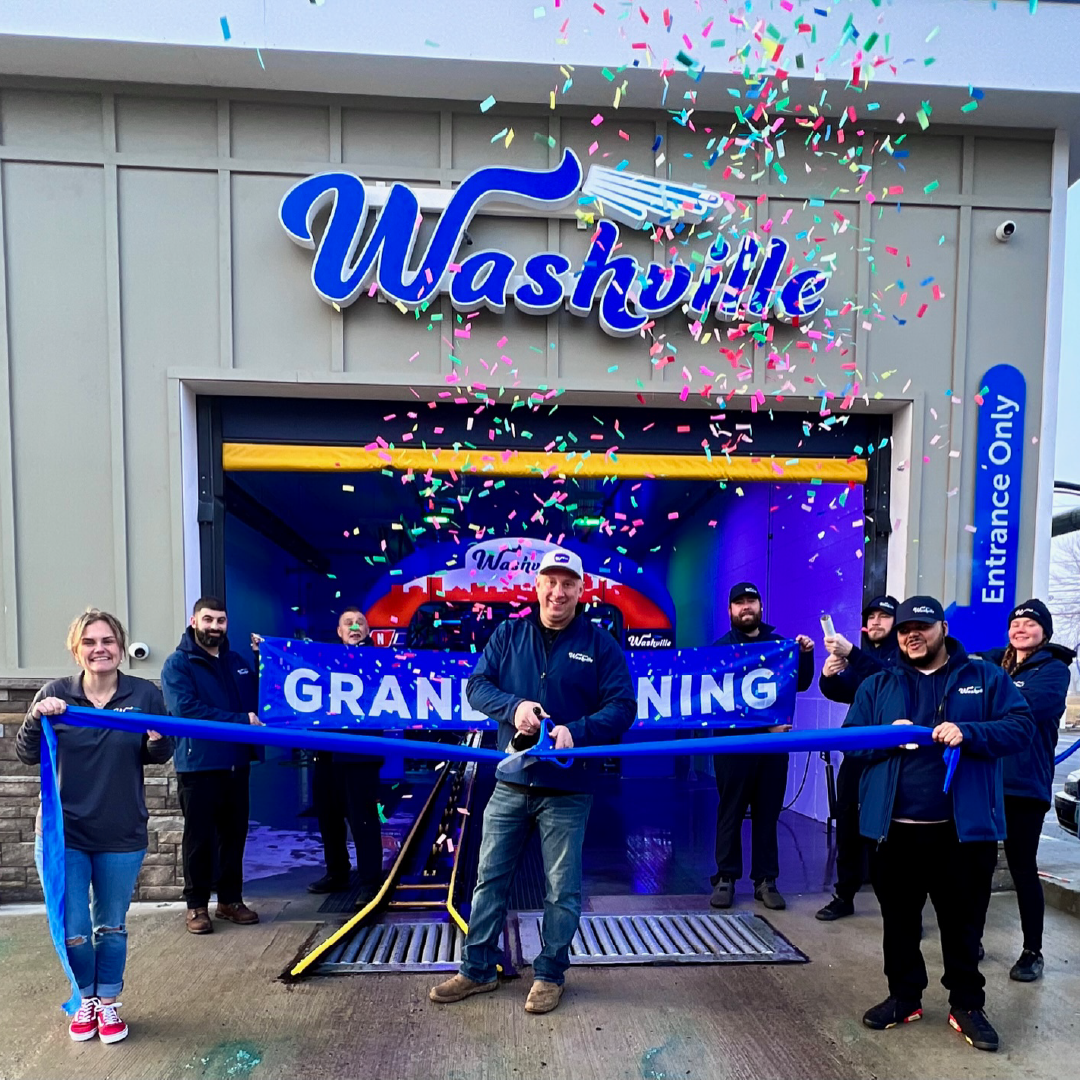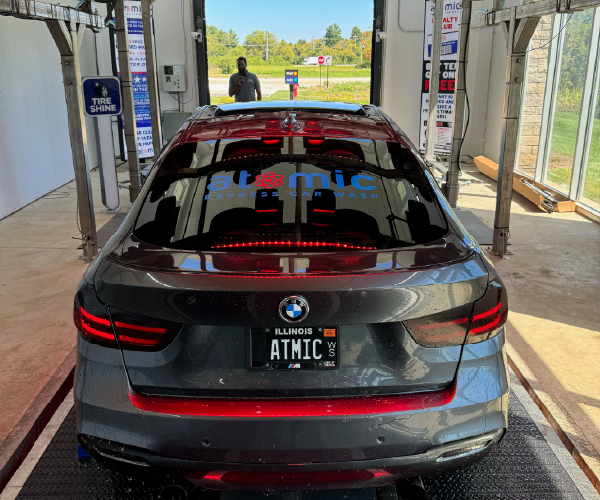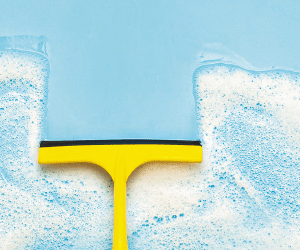
Adapting Cleaning Methods During the Pandemic
February 22, 2022
5 minute ReadBY MARY LOU JAY
Cleaning, sanitizing and disinfecting car wash equipment and facilities has become an essential part of car wash operations since COVID-19 began spreading throughout the world. Now customers are demanding those services, too.
To choose the right products for your operations and for your customers, you need to understand how sanitizers and disinfectants work and how to use them effectively.
Sanitizers are products that can kill bacteria; disinfectants can kill both bacteria and viruses. The Environmental Protection Agency sets the standards for both sanitizers and disinfectants, and registers them as effective at certain strengths and when applied in a particular manner. If someone applies a product in a different way, such as using a disinfectant at 10% strength instead of the approved 20%, or wiping it on with a towel rather than spraying it, they should not claim to be disinfecting or sanitizing that area.
Different products are approved for use against specific bacteria and viruses. For example, the products that EPA deems most likely to be effective against COVID-19 are included on the agency’s N list https://bit.ly/EPAcovid.
It’s essential to follow directions carefully. Moldovan said that while they’ve previously offered products considered effective against COVID-19, they’ve had to create new instructions, based on EPA guidelines, to ensure that car wash operators are using them correctly. That may mean using the product at a different dilution strength or increasing the time it remains on a surface.
CLEANING SPACES AND EQUIPMENT
While sanitizing operations have become of utmost importance and places that haven’t been touched by a human hand for years are getting sterilized, the car wash tunnel itself shouldn’t need this kind of treatment.
“I don’t see a risk of the tunnel equipment transferring the COVID-10 virus to a vehicle. Even though the chemistry used in there is not on the N list, most of it is pretty aggressive,” said Warren Davis, President and Co-founder, Stinger Chemicals. He does, however, recommend daily tunnel maintenance to remove dirt from pits, walls, brushes and arches.“If you have hard water in the area, and you’re not treating your water, or if you’re reusing a lot of reclaimed water so it’s high in solids, you may need to clean those areas a little more because you will have buildup,” he said.
Some cleaning products are alkaline based, while others are acidic based. When choosing a cleaner, consider the chemistry of the products you’re using in the car wash itself, the type of dirt that you’re removing from vehicles and the type of water that you have.
“When you go up into the alkaline range, it’s very good on oily dirt and on organic soils. Acids are good on inorganic soils, like rust and metal flake,” said John Kelliher, National Sales Manager, Simoniz. “Operators end up liking one product or the other simply because it works well in their wash and their equipment, but many utilize both alkalines and acids, as together they offer a broader range of cleaning than either one by itself.”
But Kelliher said operators today should and do focus their attention primarily on high touch contact areas/equipment like self-serve vacuums where customers and/or employees are handling hoses or touching screens. Steam cleaners, brushes and similar tools required for deep cleaning or detailing also require special attention.
“One method we suggest is to use EPA-approved disinfectant and sanitizers and spraying your tools on a regular basis to mitigate exposure to COVID-19 and other viruses,” said Davis. Doing it between each use would be ideal, but it should be done at least every 30 to 60 minutes.
Moldovan advised operators to wash towels with a disinfecting product. Make sure you use the proper amount of product based on the gallons of water used by your washing machine. The disinfectant can generally be added in the wash cycle, the rinse cycle or both.
It’s also essential to disinfect any areas in your facility where your employees or your customers could be touching surfaces: door knobs, countertops, bathroom facilities, faucets, towel and soap dispensers, etc.
DISINFECTING VEHICLES
To keep employees safer and to respond to customer demand, companies may want to consider offering disinfecting services for vehicle interiors and exteriors.
It was “luck and curiosity” that led Carl Howard, Autobell’s COO, to begin investigating a disinfectant fogging system last fall. “I don’t think anybody expected what we’re going through right now. But this product checked all the boxes; we found it was highly effective,” he said. As a result, Autobell was ready to go and had a supply of the required products when the pandemic hit.
The company buys the disinfectant in tablet form, dissolves it in water and then uses a fogging apparatus to emit the solution into the vehicle interior while the air conditioning fan is running on high. Workers then close the car for one minute. “In that time, it goes through the ventilation system and has adequate dwell time to kill a variety of viruses or bacteria that are within the car. At that point it’s safe for our team to get in, and we do a regular exterior and interior cleaning process,” said Howard. At the end of the service, workers use a towel sprayed with disinfectant to wipe any areas they’ve touched.
Autobell first offered this disinfectant service for free for vehicles used by first responders and some essential workers. Now it’s requiring this service, at no charge, for every interior cleaning. “I think it’s kept our team safe, and the customers who come in appreciate it; they know they’ll be safe as well,” Howard said.
Meanwhile, European-based Istobal has developed a unique way to sanitize vehicle exteriors. “Our disinfection arches are specially designed to sanitize vehicles in constant contact with the virus,” said Rafael Tomás, Istobal’s CEO. “Our main objective is to make them available to first responders such as ambulances and emergency vehicles.” The company has installed the two-meter-high arches at various locations in Spain and Italy and expects to provide them in the North American market soon. One arch can disinfect about 1,000 vehicles a day.
“For car wash facilities we have developed specific sanitization programs for rollovers, tunnels and jet wash systems as a final complement to a washing program,” Tomas said.
As time goes on, and the threat of infection from COVID-19 continues, customers will expect their car wash operators to offer disinfection and sanitization services. “There is and will continue to be a heightened awareness and appreciation of places that are cleaner and that are offering these services,”
said Kelliher.

